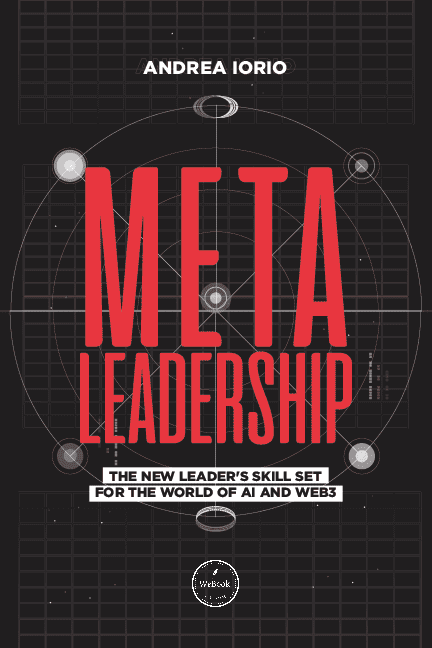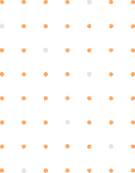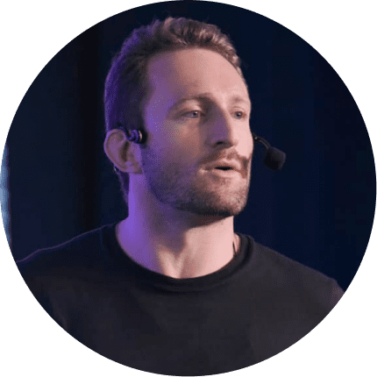SpaceX's Starship, the most powerful rocket ever built, took off from a launch platform on the southern coast of Texas on a Thursday morning in April 2023. The rocket exploded in mid-air shortly after its liftoff, which seemed like a massive failure, but the truth is that SpaceX is celebrating the test's outcome. They published on Twitter: "With a test like this, success comes from what we've learned, and today's test will help us improve Starship's reliability as SpaceX seeks to make life multiplanetary." Elon Musk, the founder of SpaceX, also tweeted his congratulations to the company and said the team had "learned a lot" in preparation for the next test launch, which, according to him, will happen in a few months.
Do you notice the paradox? In their case, they understood that the explosion of a rocket was almost necessary to learn the right things before embarking on another mission, which is likely to be successful. If they hadn't allowed themselves to make mistakes, who knows if they would be where they are today - innovating profoundly in the space exploration sector. This is a somewhat scientific attitude, but it's the opposite of a leader and manager's attitude, who, on the other hand, always seek to minimize error. But in the world of Artificial Intelligence, where everything is measurable, a culture of error, or as I like to say, "antifragile," is essential - and it is the role of AI to achieve all of this.
We will better understand the role of Artificial Intelligence in a culture of learning and innovation, and to help with that, I found a statement from Elon Musk himself talking about the role of errors in business. Listen to the video below, and don't forget to turn on YouTube subtitles if needed.
“There’s some sort of anthropic basis for this: there’s many more ways to fail than to succeed. In particular for a rocket, there’s like a thousand ways to fail and one way it can work, so you could have a lot of rocket failures to explore all the ways in which you could fail. But I do think that one of the great things about Silicon Valley is that failure is not a big stygma. So if you try hard and it doesn't work out, that’s ok, you can learn from that, do another company, and that’s not a big deal, and I think that’s one of the great things about Silicon Valley”.
I was watching a documentary last week when I came across a perfect illustration of a leadership principle I firmly believe in. The documentary is a Netflix special called "Return to Space," which tells the story of the rise of Elon Musk's SpaceX company. It's a bit slow, but you get a great insight into the challenges of space exploration and how SpaceX geniuses worked to overcome them.
After the disasters of the Columbia and Challenger, NASA became - somewhat understandably - very risk-averse. They didn't want to have any more public failures. So, they became extremely cautious – according to many experts, overly cautious. They tested every facet of their creations repeatedly. They didn't put anything at risk unless they were 100% certain it would work. This prevented further disasters but also limited innovation and made progress move at the speed of a turtle.
On the other hand, SpaceX was built on the idea that innovation requires mistakes. This was largely Elon Musk's insistence. SpaceX made a series of public and embarrassing mistakes in the early days, and many of their managers thought Elon would be furious, and heads would roll. Musk - whose money was burning with every explosion and ignition failure - took a different approach from NASA. He understood that space exploration can only advance with innovation, and innovation is risky. Failure will happen, but seen in the right light, failures teach invaluable lessons. So, he created a culture at SpaceX where you worked hard to achieve perfection but weren't terrified of falling short. You experimented. You learned. You innovated even more. In the end, they achieved magnificent performance - fueled in part by the "power of failure."
Now, you might rightly say to me, "but Andrea, my mistakes are costly and not very informative. In other words, I end up not having control over costs, and I also don't always know what they're trying to tell me." Well, now we have no more excuses for it to be this way, as technology allows us to minimize the cost of mistakes and maximize the learning from them. In particular, among these technologies, we have Artificial Intelligence, and it is precisely the impact of AI on a culture of error that I will focus on now.
The first thing we need to understand is that recent developments in AI have allowed AI itself to learn from its mistakes (which, between us, raises an important question: if AI gets to learn from mistakes, and we don't, my dear humans, we will be replaced much more quickly than we imagine). In recent months, OpenAI researchers have focused on developing better machine learning algorithms. Their machine learning algorithms are now capable of self-training. A new algorithm allows AI to learn from its own mistakes, almost like humans.
The development comes from a new open-source algorithm called Hindsight Experience Replay (HER), which OpenAI researchers recently released. As the name suggests, HER helps an AI agent "look back" retrospectively, so to speak, after completing a task. Specifically, AI reframes failures as successes, according to the OpenAI blog.
Think about when you learned to ride a bike. In the first attempts, you failed to balance properly. Nevertheless, these attempts taught you how not to ride correctly and what to avoid when balancing on a bicycle. Each failure brought you closer to your goal because that's how humans learn.
A second crucial point here is to understand that AI can help us minimize the mistakes we humans make, especially through data analysis. Humans are prone to biases and subjectivity when interpreting data. Even if the analysis is correct, you can still draw premature conclusions. However, AI avoids these human errors by analyzing data without bias.
For example, let's say you're analyzing customer feedback data. You might be tempted to focus on comments that confirm your biases about a product or service. On the other hand, AI can analyze all the data and help you discover new insights that would remain hidden without it.
Furthermore, AI can help avoid errors in data interpretation by providing easy-to-understand data visualizations. Since humans are visual creatures, we find it easier to understand complex information when presented in a graphical format. Thanks to AI, algorithms can create clear and intuitive data visualizations, helping us interpret data more accurately.
The third major consideration regarding the role of AI in error interpretation is related to data. Today, we can learn much more than in the past thanks to the Internet of Things (IoT), sensors, wearables, and the like, which capture everything and can point out causes and lessons from errors. Think about the case of SpaceX; it is now possible to measure the reasons for errors and failures much better than in NASA's old missions (since advanced IoT technologies can monitor everything happening in a NASA rocket in real-time): these data are the best input for AI to identify the reasons and lessons from the errors that occurred.
In other words, technological innovations allow Artificial Intelligence to help more in maintaining a culture of error. But who makes this happen, apart from technology, is the leader. The leader does this by creating an environment of experimentation and error where people feel "psychological safety." This concept, popularized by Harvard professor Amy Edmondson, is the belief that someone will not be punished or humiliated for expressing ideas, questions, concerns, or errors.
So, as in everything I say, you can have all the technology you want (like Artificial Intelligence) in your company to help learn more from mistakes, but if it is not accompanied by human transformation, in culture, technology will be of no use.









